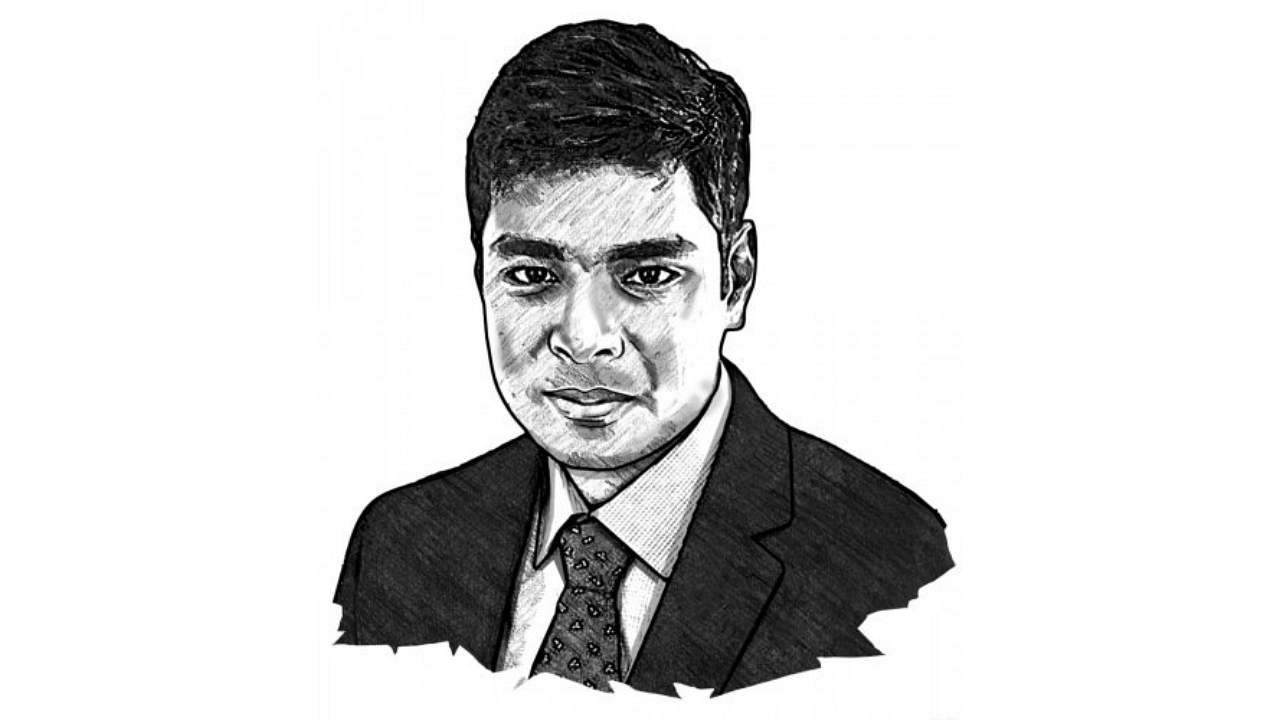
Early this month, many outraged Indians were busy trying to prove an international conspiracy after the US-based think tank Freedom House downgraded India’s democracy from “free” to “partly free”. And almost immediately, as folks were calming down, another think tank – Sweden’s V-Dem Institute – downgraded India to an “electoral autocracy”, alongside Kenya and Lebanon.
But let’s leave aside for a moment what the rest of the world thinks of us. Let’s instead ask ourselves what freedom really means to us.
Like other post-colonial democracies of the East, India too has long struggled between the ideals of a liberal democracy and the norms of a conservative society. Several countries – from Turkey and Pakistan to Bangladesh and Indonesia – have found it difficult to reconcile a political dream that aspired to give citizens individual rights with a society that suffers prejudices and imposes several crippling restrictions on personal life.
Many people in the post-colonial world made the fatal mistake of assuming that the right to vote is all that one needs in order to be free. But in country after country, elections merely helped establish tyranny and oppression, instead of the protection of individual freedom. In Turkey, for instance, secularism has traditionally been imposed by the military, while Islamism has won the vote. In the Philippines, Malaysia, Myanmar, Sri Lanka and many parts of Africa, the dominant majority often voted to oppress the marginalised minority.
In Romania’s 2001 presidential election, one candidate declared: “I’m Vlad, the Impaler!” And referring to the Hungarian minority in his country, he promised, “We will hang them directly by their Hungarian tongue.”
India was different, because the relatively liberal vision of our Constitution was sustained for the most part. Its founding fathers laid down such an inclusive national identity that even those who descended from the British colonialists (today’s Anglo-Indians) could play a part in politics and society. And Indian law and policy observed important redlines that protected many individual freedoms from society’s discriminatory practices and illiberal values. The courts often led the way in calling out society’s regressive practices, whether the practice of dowry or the discrimination of the LGBT community.
Also Read | You cannot silence the whole world
Those redlines are now fast disappearing. In the name of majority appeasement, Indian politics, law and policy have begun adopting the norms of the neighbourhood uncles and aunties. Actions have been taken in many parts of the country to dictate whom one can marry, what one can eat and how one should joke.
An ever-expanding list of topics is now taboo on grounds of ‘national security’. Honesty is frowned upon and ostracised – entirely oblivious to the fact that, if one does not allow honest thought and debate on national security, then one is doomed to live in a false reality that does far more damage to national security. On most ‘sensitive topics’, our political discourse adopts the same attitude that the middle-aged often adopt towards the young on pretty much anything: “You don’t know anything, beta. You are too young.” (Recall that that’s how Sourav Ganguly had silenced his daughter on social media.)
The experience of much of the world shows that liberal democracy and individual freedoms cannot co-exist with conservative social norms and prejudiced social beliefs. India has long been an exception – managing to uphold an extraordinary democracy without ever reforming its society. But our tipping point now seems close at hand. We must decide if we want to maintain and protect individual freedoms, or to do away with them entirely in the interest of our prejudices. In other words, we must decide whether we want to be “free” or “partly free”.
Deccan Herald is on WhatsApp Channels| Join now for Breaking News & Editor's Picks